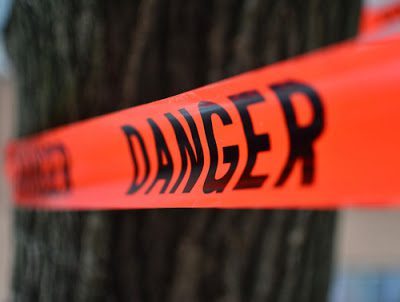
What are the Dangers of Crack?
Crack cocaine is nothing to joke about as it is one of the deadliest drugs in the United States. It is a powerful drug that heightens euphoria. Seek help immediately before this drug ruins your life.
What is crack?
A modified use of cocaine that you heat with a free base like baking soda. It is commonly found in rock crystal form where you heat the crystals and inhale the vapors that are made.
What are the symptoms of abusing crack?
Abusing crack can lead you to feel euphoria, cause cognitive impairment, impulsive, coughing, chronic bronchitis, heart, brain, and stomach problems.
What are the effects of abuse?
Crack can change the reward pathways of the brain (mesolimbic system). It can constrict your blood vessels, cause elevated temperature, heart rate, blood pressure, and pupil dilation. You can also contract HIV or Hepatitis. Crack can impair your judgment which results in engaging in promiscuous sex or constant drug use.
What does it mean to have “Crack lung?”
“Crack lung” is when the blood vessels in your lungs are constricted because of crack drug use and prevents oxygen from being supplied to your lungs. It can involve scarring, having trouble breathing, and sometimes chest pain. Crack can cause inflammation and bleeding to the lungs which can lead to hospitalization, emphysema, the risk of cancer, and death.
Who is at risk for crack addiction?
Addiction to crack can sometimes be passed down genetically. It can also be based on if you have an underlying mental illness, having a low socioeconomic status, being under a lot of stress, or feeling pressured to use crack.
What are the withdrawal symptoms of crack?
Withdrawal symptoms include severe fatigue, depression, nightmares, insomnia, or psychomotor difficulties.
What are the treatment options for crack addiction?
There is residential treatment where you will live with other substance abusers and will receive counselling, group therapy, job training, and help readjusting to life after being discharged. Outpatient treatment helps those who do not want to tell others that they are struggling with addiction and do not want it to get in the way of school, work, or home responsibilities. Contingency management helps where if an addict does what they are told, they will get a reward which is helpful in achieving abstinence and staying motivated in treatment. Cognitive Behavioral Therapy will help with finding what the reason was for craving crack to avoid those situations and help psychological and behavioral problems associated. In Cocaine Anonymous, you can be around others struggling with crack addiction and have the opportunity to share your story.







